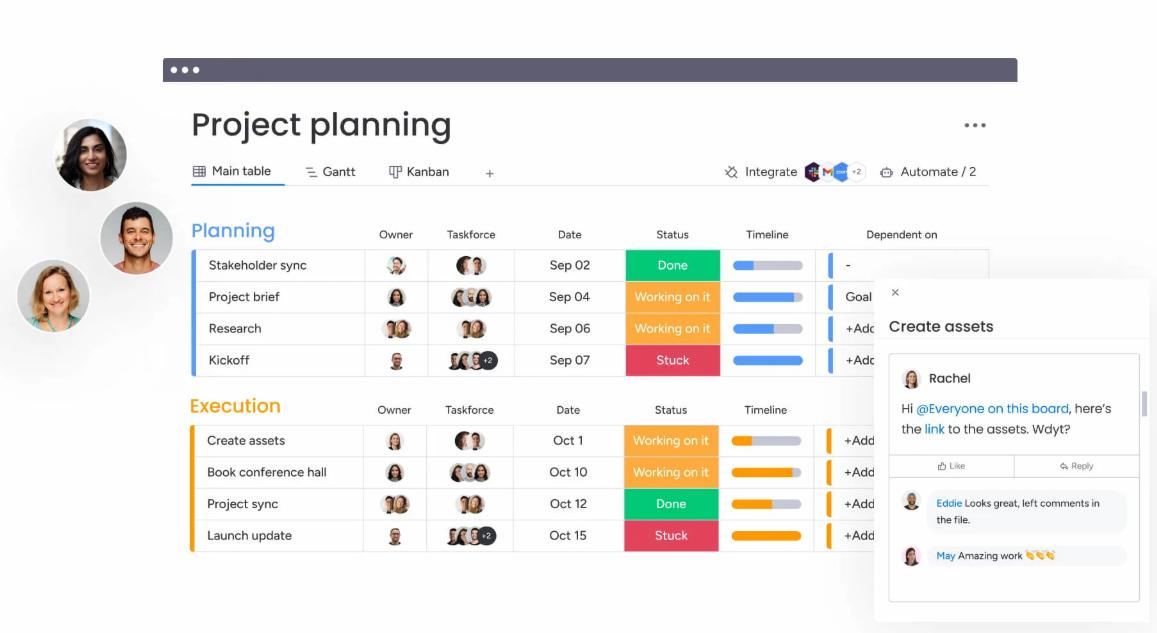Efficient project execution relies heavily on robust tools to streamline processes and enhance productivity. One such tool is task management software, which simplifies organising tasks, tracking progress, and ensuring team collaboration. To make the most of this resource, consider these seven essential features that define effective task management solutions.
1. Intuitive User Interface
The foundation of great software is an intuitive user interface. A clutter-free, easy-to-navigate design ensures team members can quickly access functions, minimising the learning curve and increasing efficiency from the start.
2. Task Prioritisation and Scheduling
An effective task management software allows users to prioritise tasks based on deadlines or importance. This feature helps in organising workflows, setting clear goals, and ensuring that critical tasks are addressed before less urgent ones.
3. Collaboration Tools
Seamless communication is key to successful task management. Built-in collaboration tools, such as comments, file sharing, and real-time updates, foster team interaction. These features eliminate the need for external apps, ensuring all project-related discussions are in one place.
4. Workflow Visualisation
Visual representations of workflows, such as Gantt charts or Kanban boards, are integral to project management. These tools provide an overview of task progress, dependencies, and timelines, making it easier to identify bottlenecks and adjust plans accordingly. Some solutions also integrate workflow management software capabilities to enhance automation and reduce manual effort.
5. Customisable Templates
Every team and project has unique requirements. Customisable templates enable users to create task lists, workflows, or schedules tailored to specific needs. This flexibility ensures that the software adapts to your processes, not the other way around.
6. Integration with Other Tools
Task management rarely happens in isolation. The best software integrates with other tools like calendars, communication platforms, and document storage systems. This integration ensures a seamless transition between tasks and reduces repetitive data entry.
7. Robust Reporting and Analytics
Data-driven insights are crucial for evaluating performance. A good task management tool provides detailed reporting and analytics, enabling teams to track productivity, identify areas for improvement, and celebrate successes.
In conclusion, selecting the right task management software can significantly improve how you manage tasks and projects. With features like task prioritisation, collaboration tools, and workflow visualisation, these solutions streamline operations and enhance team efficiency. Look for software that aligns with your team’s needs to maximise its potential.


